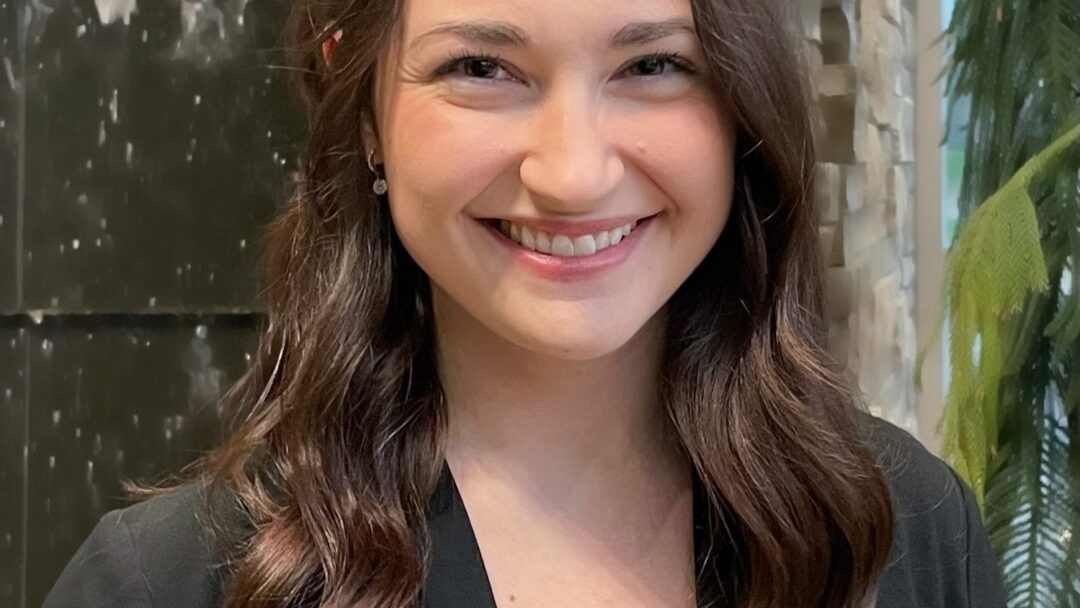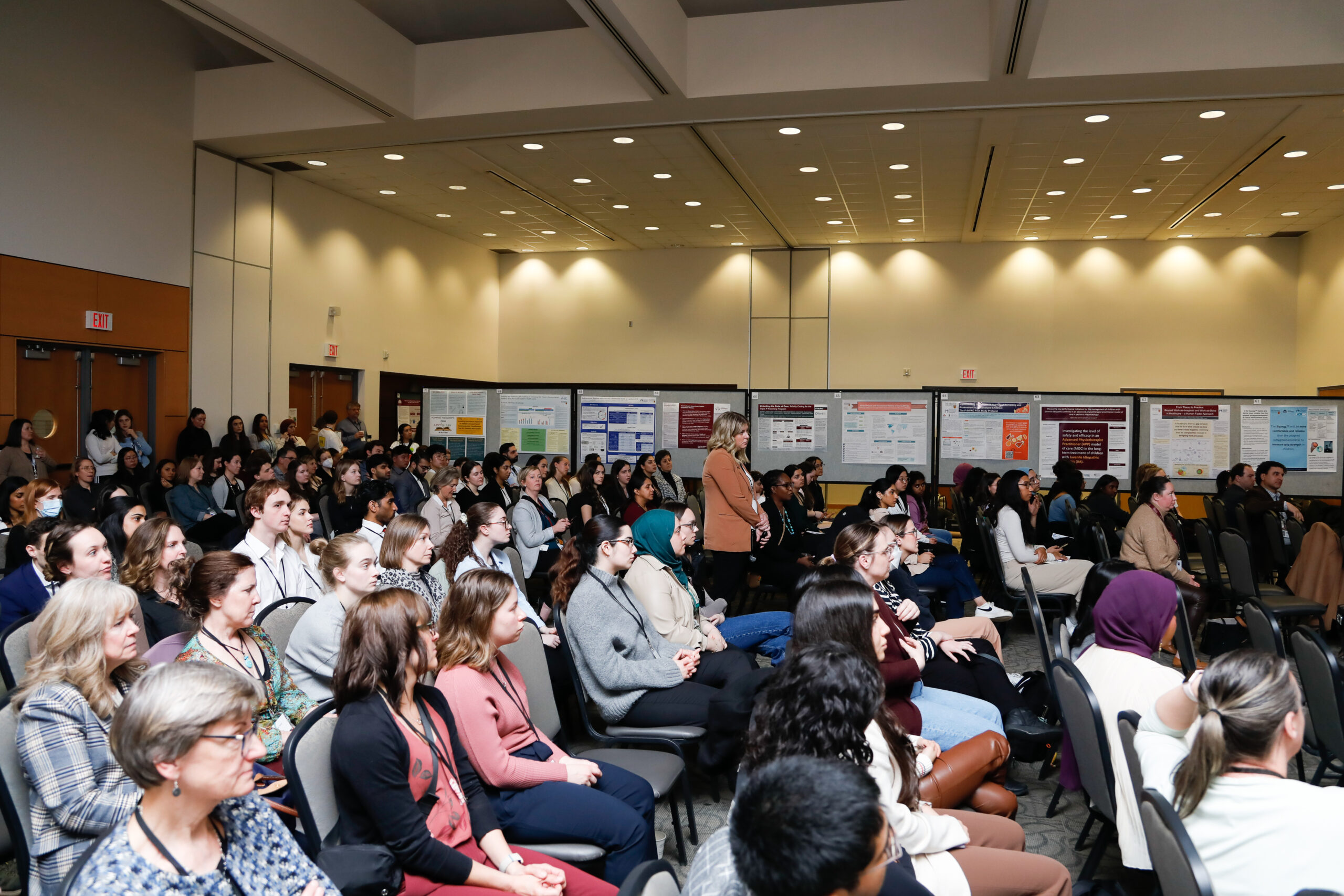Behind the White Coat: A conversation with award-winning resident Hannah Snyder

In recognition of excellence in patient care, Dr. Hannah Snyder has received this year’s Medical Staff Association (MSA) Outstanding Resident Award for Pediatrics. We sat down to explore her motivation to pursue pediatric neurology, the future of neurological care, and her advice for prospective learners.
Department of Pediatrics (PD): How does it feel to be recognized with this year’s MSA Outstanding Resident Award?
Dr. Hannah Snyder (HS): As residents, we are driven to constantly work on improving our clinical knowledge and communication skills to provide the best patient care. You always hope that you’re doing the right thing and making a difference for patients and their families—it’s so meaningful to be recognized by an organization that promotes excellence in patient care.
PD: What inspired you to become a pediatric neurologist?
HS: I entered medical school already captivated by the brain, having completed my undergraduate degree in neuroscience at Western University. I wanted to explore how this interest in basic neuroscience translated clinically. This led me to pursue elective experiences in both pediatric and adult neurology during my undergraduate medical training at McMaster University.
During these experiences, my love for neurology was affirmed – the human nervous system was a puzzle that I wanted to spend the rest of my career investigating.
Specifically, I learned I felt most inspired when working with kids and seeing their resilience when facing challenging situations. I also enjoy the adaptive nature of pediatric neurologic assessments, from using play to gauge strength and tone to capitalizing on a child’s interests when evaluating language. It is a privilege to be able to work with families and support them as they navigate difficult diagnoses and celebrate wins.
PD: What advancements do you foresee in pediatric neurological care?
HS: I think it’s a very exciting time to enter a career in pediatric neurology. We are seeing so many new advancements in diagnostic and treatment approaches.
One area where we continue to see huge progress, and where there will be further innovation throughout my career, is in our ability to manage neurogenetic conditions.
It’s incredible to be a part of this field at a time when we are starting to see the beginnings of the translation of this knowledge into individualized treatments that can have a huge impact on patient outcomes and quality of life.
An example is the recent development of gene therapy for spinal muscular atrophy. I’m hopeful that we will continue to see targeted therapies for additional neurogenetic conditions in the years to come.
PD: Can you describe what it’s like to be a resident learner at McMaster?
HS: I have had an amazing experience as a resident learner at McMaster! I’ve worked with so many incredible people and have had a wide array of clinical experiences serving a diverse patient population at McMaster Children’s Hospital.
I feel so fortunate to work at an institution that continues to be at the forefront of improving medical education. Within the Pediatric Neurology Residency Program, I am thankful to work closely with an amazing group of staff neurologists, allied health professionals, administrative staff, and co-residents.
PD: What advice would you give to future learners considering the Pediatric Neurology Residency Program?
HS: I think that one of the best ways for learners to get exposure to our program and see if it is a good fit for them is to pursue horizontal and clerkship electives with our team—we always love working with undergraduate medical learners!
I could speak for hours about the many amazing aspects of our program, but some highlights include early access to community pediatric neurology rotations for career exploration, an innovative neuroanatomy curriculum in our second year of residency, longitudinal continuity clinics starting in the first year of residency, and a culture with a strong focus on resident wellness.
I may be biased, but I think a career in pediatric neurology is incredibly fulfilling, and I’m always happy to talk about my journey with interested medical learners.
Learn more about McMaster University’s Pediatric Neurology Residency Program.
Awards, NewsRelated News
News Listing

Child health innovation showcase returns to McMaster, March 2025
Event Promotion, News, Research, Research in the Media
November 27, 2024

From seed to success: How philanthropy fuels child health research at McMaster
Funding, News, Research, Research in the Media
November 14, 2024

